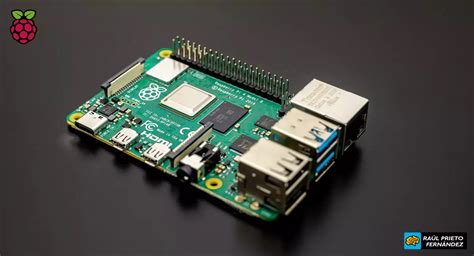can a raspberry pi feed a single asic miner through USB?
In recent years, the Ethereum blockchain has registered a significant growth and adoption, which has led to an increased demand for strong mining equipment. As a result, many miners have resorted to USB-based settings to keep their platforms in efficient work. However, some questions arise when it comes to feeding several miners as Iic through a single USB.
In this article, we will explore the feasibility of using a raspberry pi as a power supply for a single asic miner and if possible to do so with a power adapter of 2 amp.
Bases
A USB-To-Pocket (USB-SO) converter is usually used to convert a standard USB cable into a DC output that can be powered by a wall adapter or battery. An Asic Miner (app-integrated circuit), such as one of the popular Ethereum miners, such as ASIC-2 Mining Rig, uses a high-performance calculation power to validate new blocks and solve complex mathematical equations.
Problem: Power more miners
When you try to feed more Asic miners through a single USB hub using a power adapter of 2 amps, several problems appear:
- Power limitations : Most USB hubs have a maximum output current of about 2 amps. It may not be enough to feed more than high power miners simultaneously.
- Decreased voltage : As the power supply is divided between several devices, tension drops can occur, which leads to reduced performance and efficiency.
- Heat generation : Multiples with high power can generate significant heat, which can lead to thermal acceleration and decrease in performance.
can a raspberry pi power a miner?
Although theoretically it is possible to use a raspberry pi as a power supply for an asic miner using a power adapter of 2 amplifiers, it is unlikely to achieve optimal performance or longevity. This is why:
- Energy consumption : A single raspberry PI can consume significant amounts of energy, especially when running demanding applications such as video editing or tools based on AI.
- Heat generation : The increased heat generated by several Asic miners can lead to overheating, reducing the lifespan and efficiency of both devices.
- Tension and current drops : As mentioned above, tension drops can occur due to the fact that the supply is divided between several devices.
A possible solution: Using a 5V power adapter
If you want to try to use a Pi raspberry as a power supply for an asic miner through a USB hub, consider using a 5V power adapter. A power adapter of 2 amps can provide enough current to feed Raspberry Pi but note:
- Tension adjustment : Pi raspberry requires 3.3V to work correctly, so that a 5V power may not be ideal.
- Power losses : As with any USB -based configuration, there will be voltage losses and heat generation due to resistance to the power adapter.
Conclusion

Although it is technically possible to use a raspberry pi as a power supply for an ASIC miner through a USB hub using a power adapter of 2 AMP, the chances of achieving optimal or longevity are thin. Increased heat generation, tension drops and energy consumption associated with several devices make this configuration unpractic.
If you want to build a powerful ETHERUM operating platform, it is generally recommended to use a more robust power solution, such as a dedicated 80+ Gold Certificate or HUB with high power, specially designed for heavy applications. , such as mining.